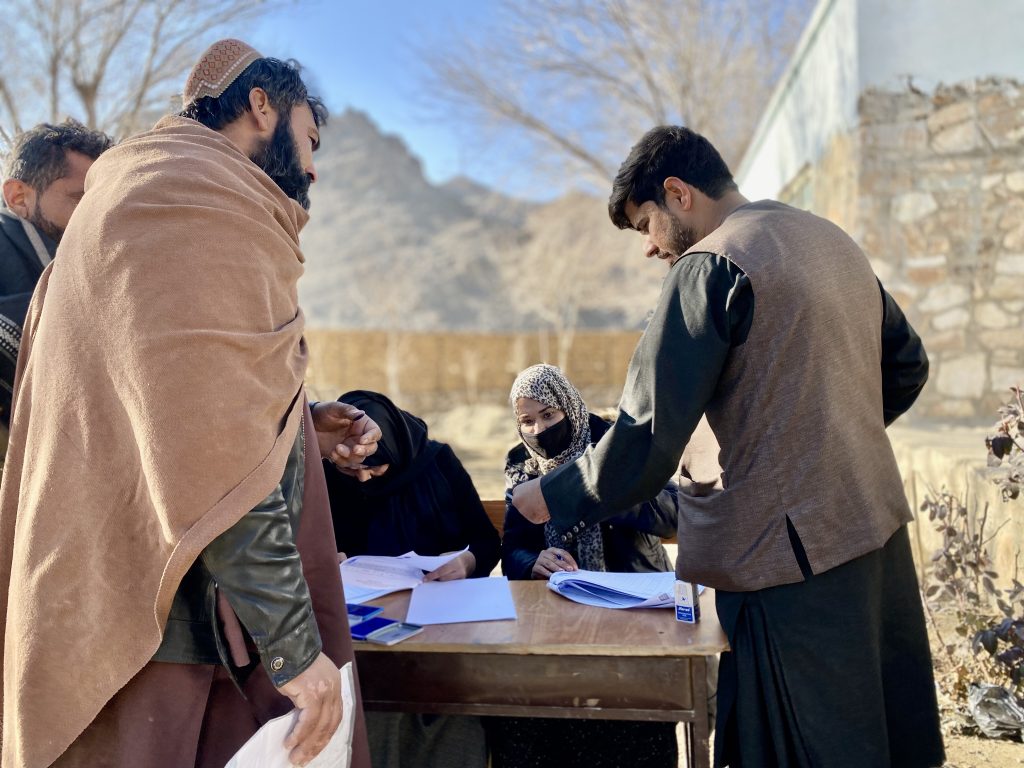CRM (Complaints Response Mechanism)
We are committed to ensuring that our stakeholders, and beneficaries can safely raise a concern or make a complaint in respect of our work. We want to ensure that the appropriate action is taken, and we are committed to providing a safe and secure platform for this.
CRM Steps
Our CRM steps in this guide are organized by project cycle phases of design, start‑up, implementation, and close‑out. The steps in each phase are described below.
As part of CRM implementation, OHW staff will carry out their assigned roles and responsibilities to request and acknowledge feedback and complaints received via each FCRM channel. For some channels--such as a hotline--feedback and complaints will be automatically acknowledged, while for other channels, OHW staff will need to acknowledge them in a separate step. In these cases, staff will contact individuals to let them know their feedback or complaint has been received and documented, and to clarify how long the response will take.
OHW staff will also have access to an online dashboard that shows the status of all feedback or complaints received through each FCRM channel. This dashboard will allow staff members to track their progress in resolving issues raised by members of the public.
We take feedback and complaints seriously. We believe in being transparent and open, so we want to make sure that you know how we are responding to your concerns.
When we receive a complaint or programmatic feedback, we first consider whether there is something we can do about it. If not, then we will reach out to the person who submitted the feedback directly and explain why no action can be taken at this time. If there is something we can do about it, then we will try to make changes based on your feedback. If this means changing our policies or procedures, then we will update them according to our standard processes for making such changes available online and through other channels as well as through face-to-face communication with community members who may be affected by those changes.
We understand that sometimes issues cannot be resolved due to constraints (e.g., limited resources). In these cases, we will provide clear explanations when no satisfactory action can be taken
CRMs are designed to ensure confidentiality, a timely response and
attention to urgent matters. To achieve these goals, the data management,
documentation and information‑sharing processes need to be regularly
assessed to identify and resolve challenges with responsible data management, gaps in internal information sharing between teams, and delays in response caused by inefficiencies in FCRM data storage and reporting.
CRM data is a relevant and valuable addition to the range of information used for program‑level and strategy‑level decisions and adaptive management. Regular analysis of CRM data and presentation of the trends in complaints and feedback is important to supporting CRM data use in adaptive management and the responsiveness of program teams. CRM data should be made available to program managers and decision‑makers in accessible formats, such as data summaries, visuals and dashboards

